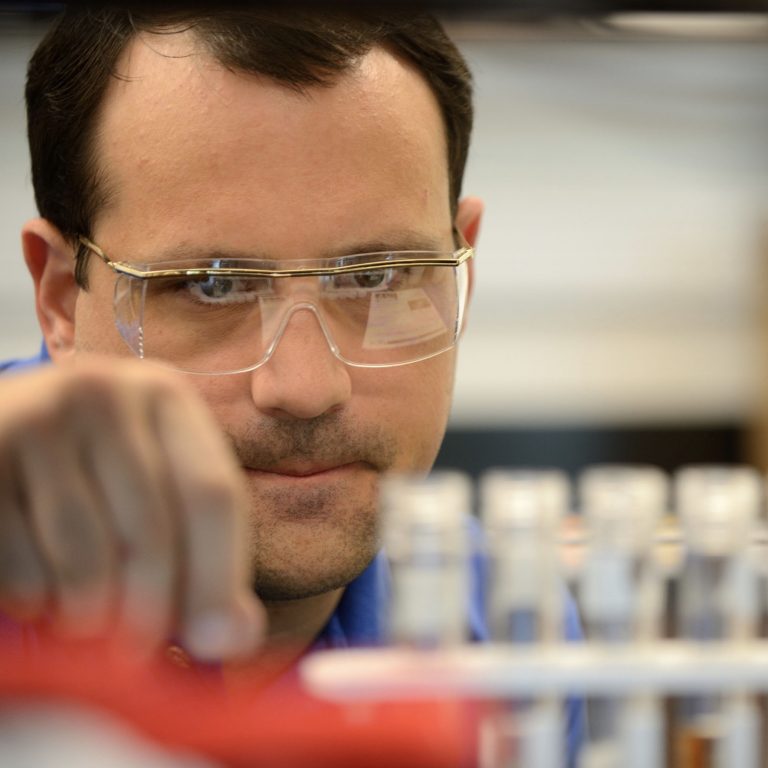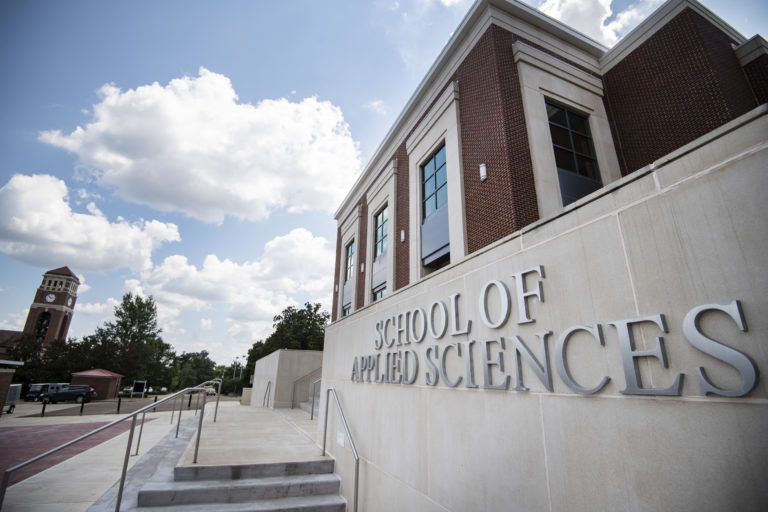Campaign Priorities

SOUTH OXFORD CENTER BUILDOUT
Less than 2.5 miles from the center of the University of Mississippi’s Oxford campus, is the South Oxford Center. The former site of Baptist Memorial Hospital – North Mississippi, the property was purchased by the UM in 2017 and consists of a nearly 485,000-square-foot building, a parking garage and additional parking lot space for faculty, staff, students and visitors.

STUDENT SUCCESS
Living Learning Community: We know that Living Learning Communities increase student success and prepare better citizens who are actively engaged in their communities. The first planned SAS Living Learning Community (LLC) will build a strong sense of belonging and increase retention of students – especially students who lacked the resources to fully prepare for college. Planned for Fall of 2022, the LLC will provide a contemporary residential environment that fosters academic and social success for students studying health and human sciences. Participating students will become a part of a community that offers additional interactions with academic mentors and advising staff, added social programs or community events, and an opportunity to serve others all from their residence hall. Students in the LLC may receive financial assistance and discounted housing. In return, all students will be asked to find a way to “give back” by mentoring or recruiting other students and participating in community engagement activities.

FACULTY DRIVE RESEARCH, SERVICE, AND INNOVATION
Our faculty share their vast knowledge with our students, fuel a love of learning and contribute to our understanding of how to live better, fuller lives. SAS faculty and staff conduct innovative research and drive clinical programs that enhance communities. They ignite passion for public service and develop leaders. Dedicated professors define the university’s academic reputation and lead the research, teaching, and service that can improve lives and communities.

Center for Evidence-Based Policing and Reform
The new Center for Evidence-Based Policing and Reform at the University of Mississippi — the only one of its kind in Mississippi and one of a few in the nation — was created to build relationships and share research data with policing agencies and enhance the preparation of Ole Miss undergraduate and graduate students in criminal justice. Current tragic events and strained relations between police and communities point to the need for evidence-based reform.

